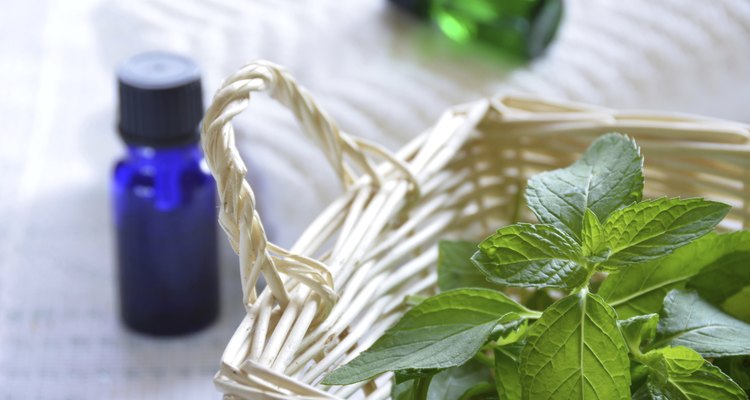
botamochi/iStock/Getty Images
Manufacturers of gum, candies and tea have used peppermint for years to enhance flavoring. In addition, peppermint oil has medicinal value as a way to treat everything from headaches, depression and symptoms of the common cold including cough. Parents on the lookout for alternative cough remedies should know the facts about peppermint oil for a cough.
Benefits
Peppermint contains menthol, a natural agent that works as a decongestant found in many over-the-counter cough products like throat lozenges and vapor rubs. In doing so, it can effectively thin or loosen chest congestion and break up a cough with phlegm. Menthol also cools the mouth and throat, offering a brief and temporary distraction that can stop your body from coughing.
According to the University of Maryland Medical System, peppermint also soothes throats that become sore with dry coughs.
Background
Botanists believe peppermint is a cross between spearmint and water mint. This flowering plant grows throughout Europe and North America, and is cultivated for its scented oil located in the plants leaves and stems. Sold in liquid and capsule form, the National Library of Medicine and National Institutes of Health website MedlinePlus notes that pharmaceuticals manufacturers are amongst the greatest purchasers of peppermint oil.
Dosing
Patients must use peppermint oil judiciously, as overdosing is dangerous. For cough relief, MedlinePlus prescribes lozenges containing two to 10 mg of peppermint oil, or inhalation of three to four drops of oil mixed in 150 ml of hot water three times daily.
Precautions
Those with gallstones, gastroesophageal reflux disease or acid reflux problems should avoid peppermint oil in any form as it can exacerbate symptoms. Likewise, the University of Maryland Medical System notes that infants and pregnant or nursing mothers should avoid the product.
Therapeutic Evidence
MedlinePlus give peppermint oil a “B” grade when it comes to cough relief. According to their website, this means there is “good scientific evidence to determine the efficacy of peppermint oil in the management of cough.” Furthermore, peppermint appears to kill certain bacteria and viruses in a laboratory setting, which according to the University of Maryland, suggests antibacterial and even antiviral properties that may apply to coughs.
Related Articles

Can Borage Oil Help Acne?

Anise Seed Cautions and Side Effects

The Use of Neem Juice in Skin Care as ...
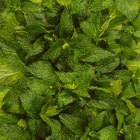
How to Dilute Peppermint Oil for Hair ...

Jojoba Oil Benefits
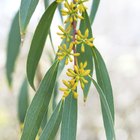
Eucalyptus Oil & Acne

Skin Benefits of Eating Coconut Oil

How to Dilute Patchouli Oil

Toxicity of Peppermint Oil
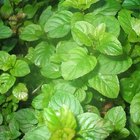
Is Peppermint Oil Good for Skin Care?

The Uses of Alcolado Glacial

How to Reduce Acne Inflammation

How to Deal With a Chapped Nose From ...

What Is Aloe Good For?
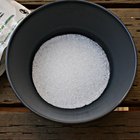
How to Make Xylitol Toothpaste

Calories in Peppermint Extract

Arnica for Acne

What Are the Benefits of Ashwagandha in ...

Benefits of Shea Butter and Coconut Oil ...

Tea Tree Oil Cure for Halitosis
References
Writer Bio
Based in Charlotte, N.C., Virginia Franco has more than 15 years experience freelance writing. Her work has appeared in various print and online publications, including the education magazine "My School Rocks" and Work.com. Franco has a master's degree in social work with an emphasis in health care from the University of Maryland and a journalism degree from the University of Richmond.
Photo Credits
botamochi/iStock/Getty Images